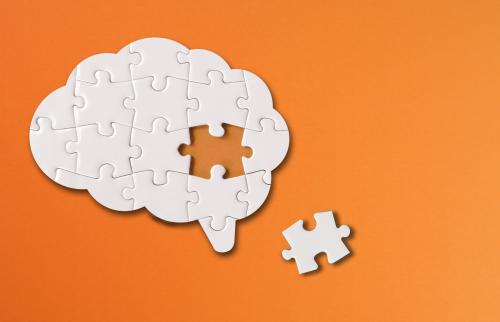Abstract
We explore the relationship between agency and hedonic and evaluative dimensions of well-being, using data from the Gallup World Poll. We posit that individuals emphasize one well-being dimension over the other, depending on their agency. We test four hypotheses including whether: (i) positive levels of well-being in one dimension coexist with negative ones in another;and (ii) individuals place a different value on agency depending on their positions in the well-being and income distributions. We find that: (i) agency is more important to the evaluative well-being of respondents with more means; (ii) negative levels of hedonic well-being coexist with positive levels of evaluative well-being as people acquire agency; and (iii)both income and agency are less important to well-being at highest levels of the well-being distribution. We hope to contribute insight into one of the most complex and important components of well-being, namely,people’s capacity to pursue fulfilling lives.




